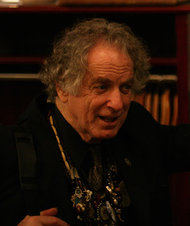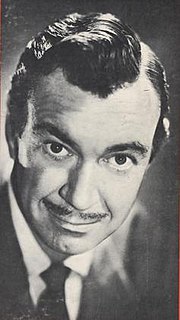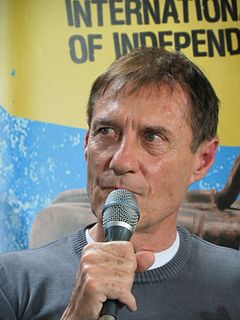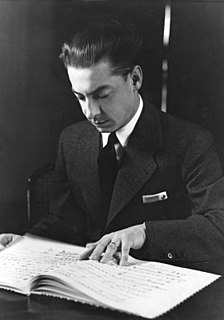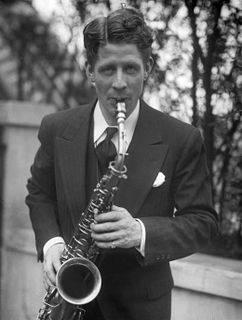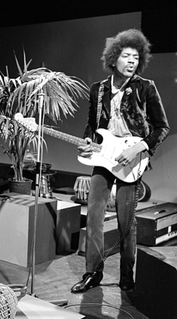A Quote by David Amram
In symphonic music, when you are conducting, you do the same thing. You are feeling the whole orchestra, thinking ahead so you can prepare for a change.
Quote Topics
Related Quotes
I am the conductor for life of the Staatskapelle in Berlin, which fills me with tremendous joy because I feel absolutely at one with them. When we play, I have a feeling that together we manage to create one collective lung for the whole orchestra so that everybody in the stage breathes the music in the same way.
I basically love classical music. I love a lot of musicians playing together and the whole culture of that whether it's Indian or it's Western. But in India, I think it's limited to filler music unfortunately. That's one thing I want to push in India where we have the infrastructure of an orchestra where you play Indian melodies with an orchestra and something different for a universal audience. It requires a lot of work from me.
You know, in some ways conducting is counter-intuitive. It's like winter driving in Finland - if you skid, the natural reaction is to fight with the wheel and jam on the brakes, which is the quickest way to get killed. What you have to do is let go, and the car will right itself. It's the same when an orchestra loses its ensemble. You have to resist the temptation to semaphore, and let the orchestra find its own way back to the pulse.
I used to think that running an organization was equivalent to conducting a symphony orchestra. But I don't think that's quite it; it's more like jazz. There is more improvisation. Someone once wrote that the sound of surprise is jazz, and if there's any one thing that we must try to get used to in this world, it's surprise and the unexpected. Truly, we are living in world where the only thing that's constant is change.
